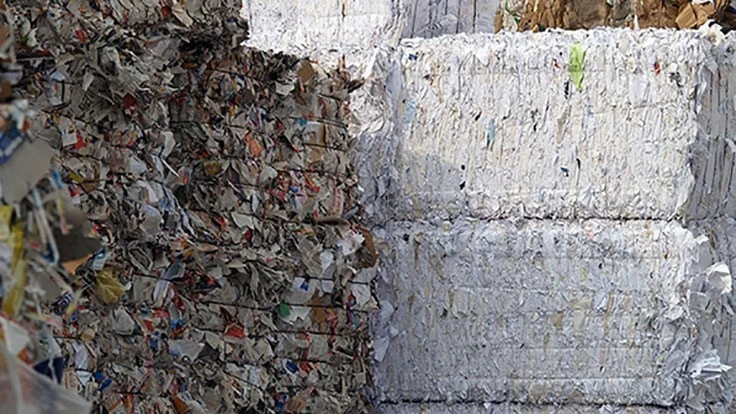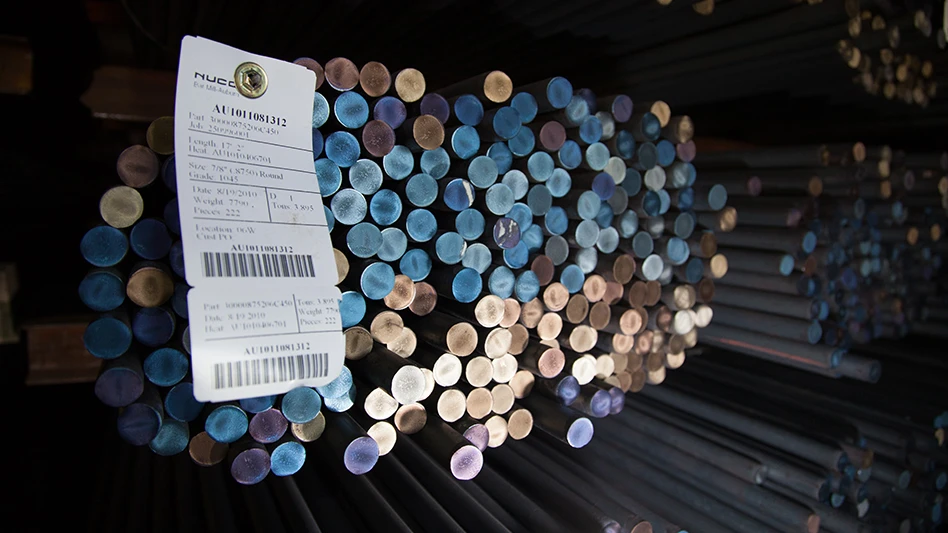
The Indonesian government had planned to require all scrap paper imports to be inspected before shipment as of April 1. In addition, a 0.5 percent level of impurities in these shipments was to be ensured, according to a letter dated March 22 from the Indonesian inspection agency Sucofindo. However, Sucofindo issued a subsequent letter March 29 that indicates the guidelines have been postponed "until further notice." Therefore, the previous standard, which required inspecting 10 percent of incoming loads, remains in effect.
According to the initial letter to exporters from Sucofindo, the country’s customs department found “discrepancies” in scrap paper imports at the port of Tanjung Emas, leading to the change.
The March 22 letter states that the 100 percent inspection standard was to apply to paper imports until the Ministry of Trade issued scrap paper inspection technical guidelines, at which point they could change.
The Institute of Scrap Recycling Industries (ISRI), Washington, originally alerted its members of Indonesia's plans to change the inspection requirement March 27.
ISRI says Indonesia is a major growth market for
The association said at the time of the initial announcement that it was working with the Indonesian and U.S. governments to “advocate for a more open consultative process with the recycling industry" to ensure that import requirements are in line with internationally recognized practices and standards, including the ISRI Specifications, and "pursued within a timeline that minimizes the burden on traders.”
Latest from Recycling Today
- Nippon Steel acknowledges delay in US Steel acquisition attempt
- BASF collaborates to study mechanical plastic recycling
- Commentary: navigating shipping regulations for end-of-life and damaged batteries
- Haber raises $44M to expand to North America
- Canada Plastics Pact releases 2023-24 Impact Report
- Reconomy brands receive platinum ratings from EcoVadis
- Sortera Technologies ‘owning and operating’ aluminum sorting solutions
- IDTechEx sees electric-powered construction equipment growth





